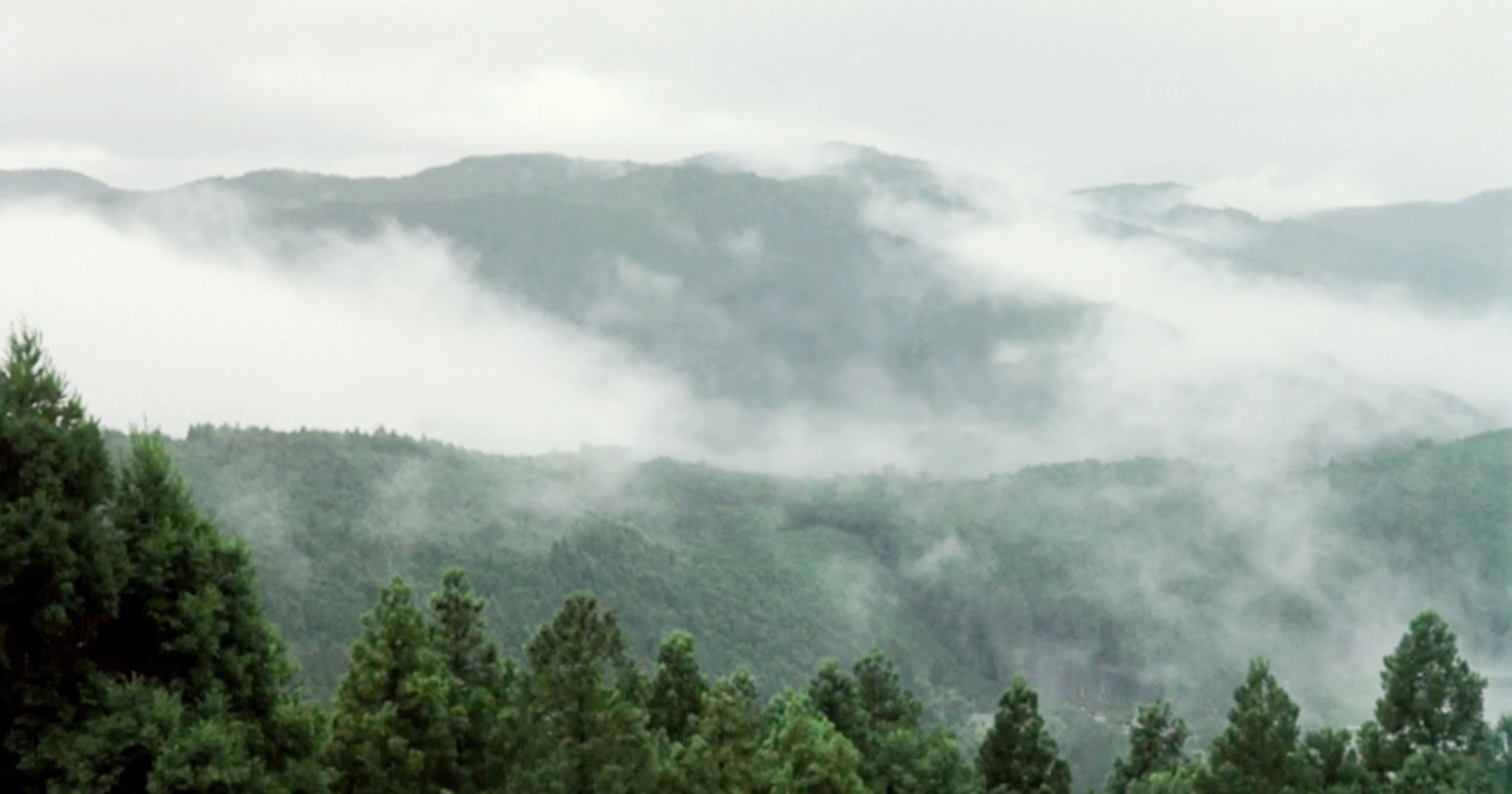'Terroir' is a French term that refers to the natural environment that influences the characteristics of a crop - an expression most commonly associated with wine. It encompasses all the natural factors of the surroundings - including geography, altitude, climate and soil. The notion of terroir, however, is extremely important when it comes to growing exceptional matcha, as it defines all the environmental factors that influence the characteristics of the tea.
Similar to that of fine wine, sourcing the finest artisanal matcha is paramount to creating an exquisite matcha-drinking experience. Producing fine artisanal matcha requires a deep understanding of the terroir, the quality of the rootstock, and the techniques of growing, harvesting, and manufacturing the tea, all of which contribute to the variety and complexity of matcha's tasting notes.
While there are a few prominent regions in Japan that produce matcha such as Nishio, or Fukuoka, the region best known for its matcha is Uji, in Kyoto, where experienced matcha farmers have mastered the techniques of growing and harvesting the best matcha for over a span of half a millennium, passing down traditions through family lineages. Uji is often referred to as the ultimate terroir for matcha cultivation due to its unique agro-climatic conditions: the soil, the climate, the altitude, the humidity and the amount of rainfall - all of which contribute to the distinctive aroma and flavor profile of a matcha that simply cannot be replicated anywhere else in the world.
Uji matcha (宇治抹茶) has a compelling suite of flavor profiles because of the land, the soil, the climate, the varieties of leaves, and the artisanal techniques with which Uji farmers produce the tea. The soil in Uji also plays a large part in the role of matcha growth - it is acidic and rich, providing the perfect base for the cultivation of tea. The land in Uji is often rich in red clay and humus due to sediments from the nearby lake Biwa - resulting in very dark colored tea leaves, resulting in a complex, full-bodied flavor profile of the tea.
The finest Uji matcha, such as our Misaki™ or Matsu™, is often marked by its characteristic refreshing green ooika aromas, has a perfect balance of ambrosial, sweet-savory umami notes, and multilayered flavors on both front and mid-palate, with a long and smooth finish.
It is not just the production process that gives matcha its distinct color, aroma and taste - growing fine quality matcha has a lot to do with its terroir, including the soil, topography, and climate. We hope this post has enlightened you on the complexity of the matcha growing process, right down to the land in which it is cultivated, and allowed you to appreciate the intricacy that goes into creating the finest artisanal matcha.
Looks like you're in . Go to Main Store ? Yes please or No thanks
- Europe
- International
- Americas
0


